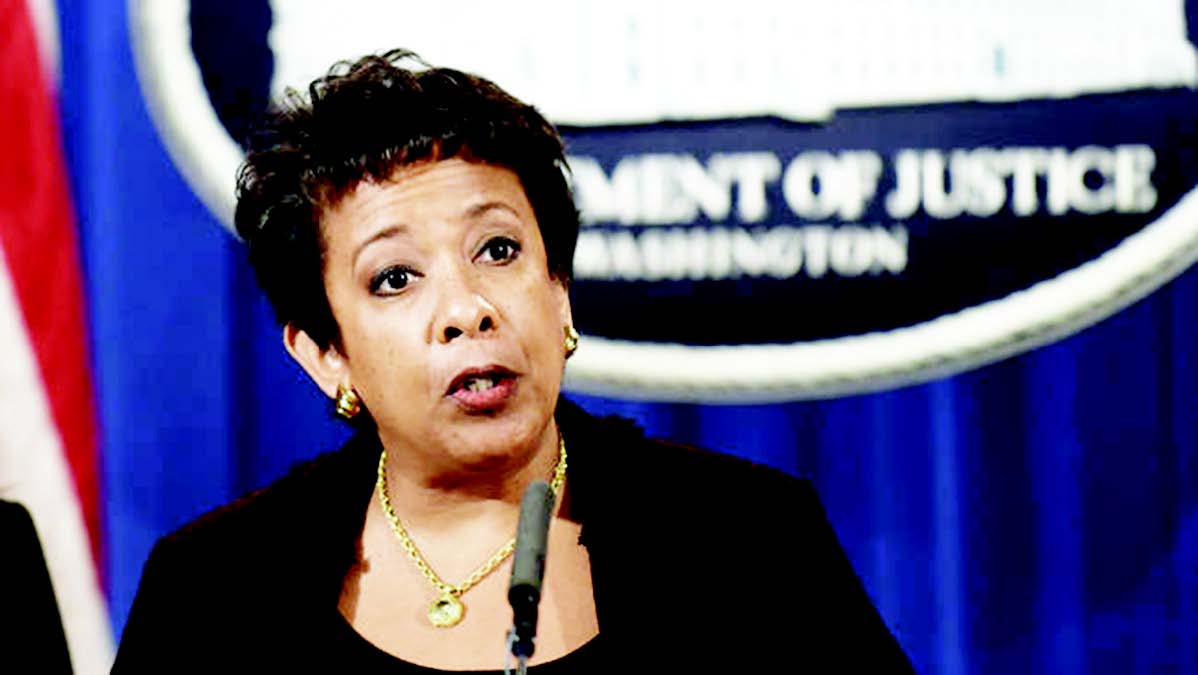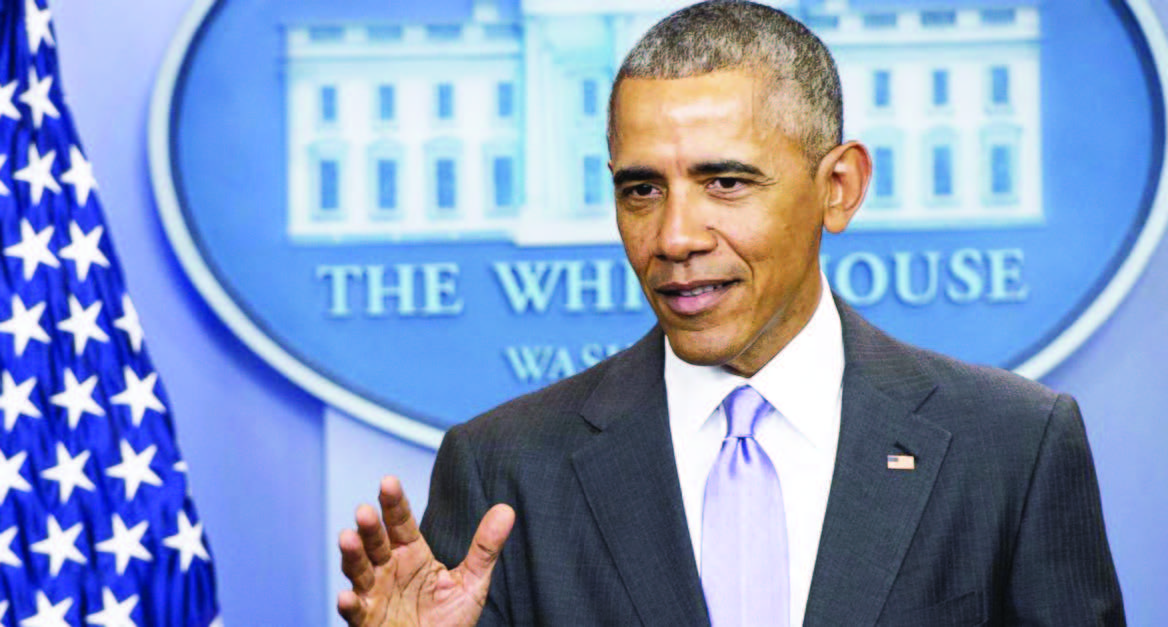
WASHINGTON (TIP): In vowing in Estonia on Wednesday to defend vulnerable NATO nations from Russia, President Obama has now committed the United States to three major projections of its power: a “pivot” to Asia, a muscular presence in Europe and a new battle against Islamic extremists that seems likely to accelerate.
American officials acknowledge that these commitments are bound to upend Mr Obama’s plans for shrinking the Pentagon’s budget before he leaves office in 2017. They also challenge a crucial doctrine of his first term: that the use of high technology and only a “light footprint” of military forces can deter ambitious powers and counter terrorists.
And the commitments may well reverse one of the key tenets of his two presidential campaigns, that the money once spent in Iraq and Afghanistan would be turned to “nation-building at home.” But the accumulation of new defensive initiatives leaves open the question of how forcefully Mr Obama is committed to reversing the suspicion, from Europe to the Middle East to Asia, that the United States is in an era of retrenchment.
In his travels in Europe this week and to Asia this fall, the president faces a dual challenge: convincing American allies and partners that he has no intention to leave power vacuums around the globe for adversaries to fill, while convincing Americans that he can face each of these brewing conflicts without plunging them back into another decade of large military commitments and heavy casualties.
“There is a growing mismatch between the rhetoric and the policy,” said Richard N. Haass, the president of the Council on Foreign Relations and a senior American official during the fall of the Berlin Wall in 1989, and again as the war with Iraq loomed a dozen years ago. “If you add up the resources needed to implement the Asian pivot, recommit to the Middle East and increase our presence in Europe, you can’t do it without additional money and capacity.
The world has proved to be a far more demanding place than it looked to this White House a few years ago.” So it is no surprise that at a moment when Mr Obama is still answering critics for saying last week that “we don’t have a strategy yet” to combat the Islamic State in Iraq and Syria, he now needs several strategies, each tailored to problems that in the past year have taken on surprising complexities.
In facing the more than 10,000 ISIS fighters, he must find a way to confront a different kind of terrorist group, one determined to use the most brutal techniques to take territory that the backwash from the Arab Spring has now put up for grabs.
The American bombing campaign against ISIS targets in Iraq is nowhere close to approaching the costs of the invasion and occupation of that country, but the weapons, fuel and other expenses are running up anticipated bills of about $225 million a month, according to Pentagon officials. ISIS “is not invincible,” Matthew G Olsen, the director of the National Counterterrorism Center, said in a talk at the Brookings Institution on Wednesday, and does not yet pose the kind of direct threat to the United States that Al Qaeda did before the attacks of Sept. 11, 2001.
It is “brutal and lethal,” he said, and defeating it will require a long-term commitment of a kind Mr Obama clearly did not anticipate earlier this year. In the Russia of President Vladimir V. Putin, Mr Obama faces a declining power — afflicted by a shrinking population, a strident nationalism and an economy highly dependent on oil exports — that he is betting cannot sustain Mr Putin’s appetites. But the arguments inside the administration have been over how directly and where to draw the line — and not surprisingly, in Tallinn, Estonia, on Wednesday, he drew it at NATO’s own boundaries.
The question is whether Mr Putin believes him. And in China, the president faces an entirely different kind of challenge: a rising power with growing resources and a sense that this is China’s moment to reassert influence in Asia in a way it has not in hundreds of years.
Here the surprise to Mr Obama has been the aggressiveness with which Xi Jinping, China’s president, has embraced efforts to press territorial claims against Japan, South Korea, Vietnam and the Philippines, rather than focus on the domestic economy. “We didn’t see this coming,” one former member of Mr Obama’s national security team said this summer, “and there’s a lot of debate about how to counter it.”
The statement could be true for each of the challenges Mr Obama is confronting. And it explains why the administration is having such a difficult time explaining how this combination will affect its future plans. Defense Secretary Chuck Hagel was put in his job in part to find ways to shrink the military, especially after the official combat mission in Afghanistan ends this year. But Mr Hagel has been either unable or unwilling to articulate the long-term implications.
There are plans afoot to shift the American presence to the Pacific over the next six years, aiming toward the moment when 60 percent of America’s forces abroad are in the region. But many Asian leaders question whether Mr Obama and his successor will carry through. “We hear a lot of planning,” said one Southeast Asian diplomat, “but the actual manifestations of the pivot are hard to detect.” Many fear that the Chinese sense the same thing, and that may explain the recent incidents in which American aircraft have been buzzed by the Chinese, and the continued pace of cyberattacks on American targets.
The uncertainty about Russia’s ambitions add another element. Mr Obama mentioned several responses in his speech in Tallinn, including enhanced missile defenses. It was an interesting allusion, because until now he had insisted that the American missile defenses planned in Europe were entirely aimed at deterring Iran, not Russia, whose nuclear capabilities could overwhelm the kind of defenses that the Pentagon is currently deploying. But the bigger question is what the cost will be of a sustained American training and exercising presence in the region.





Be the first to comment